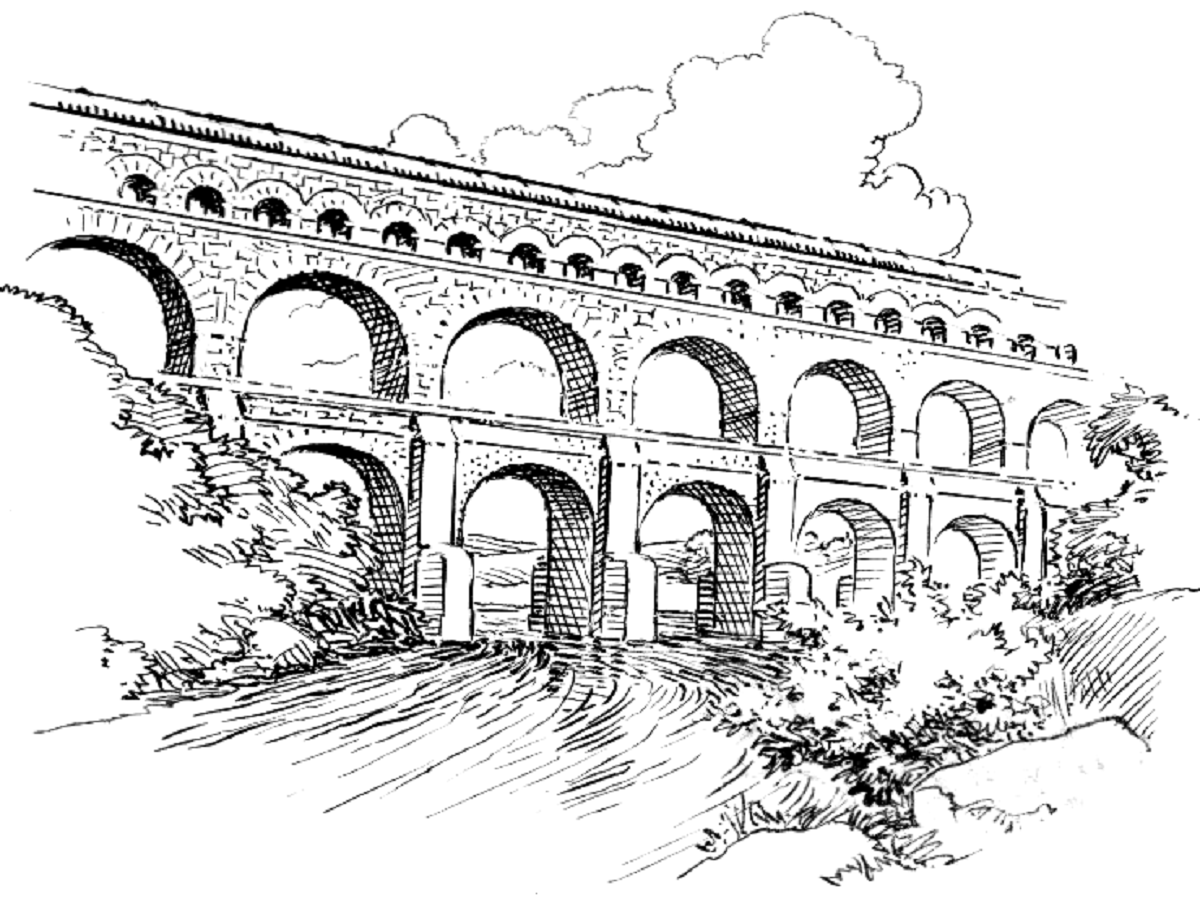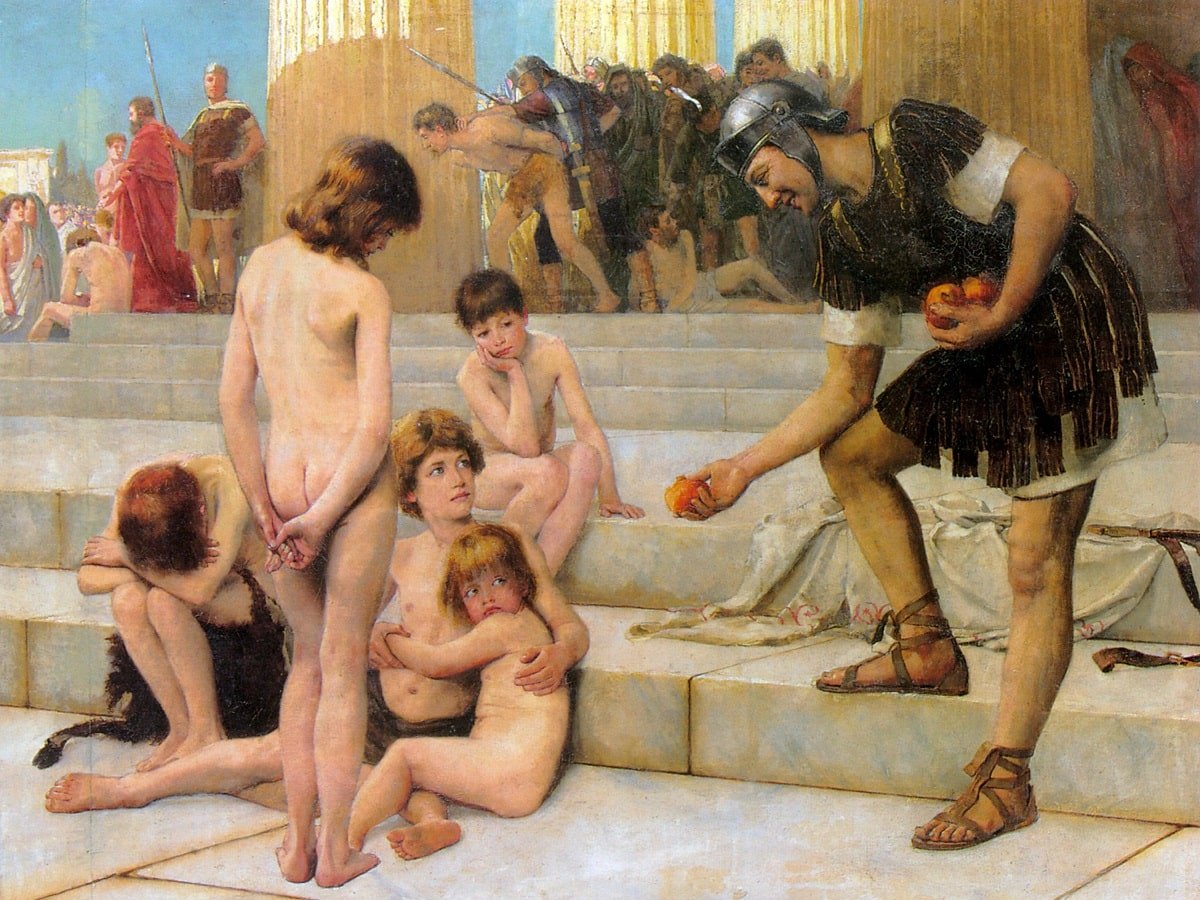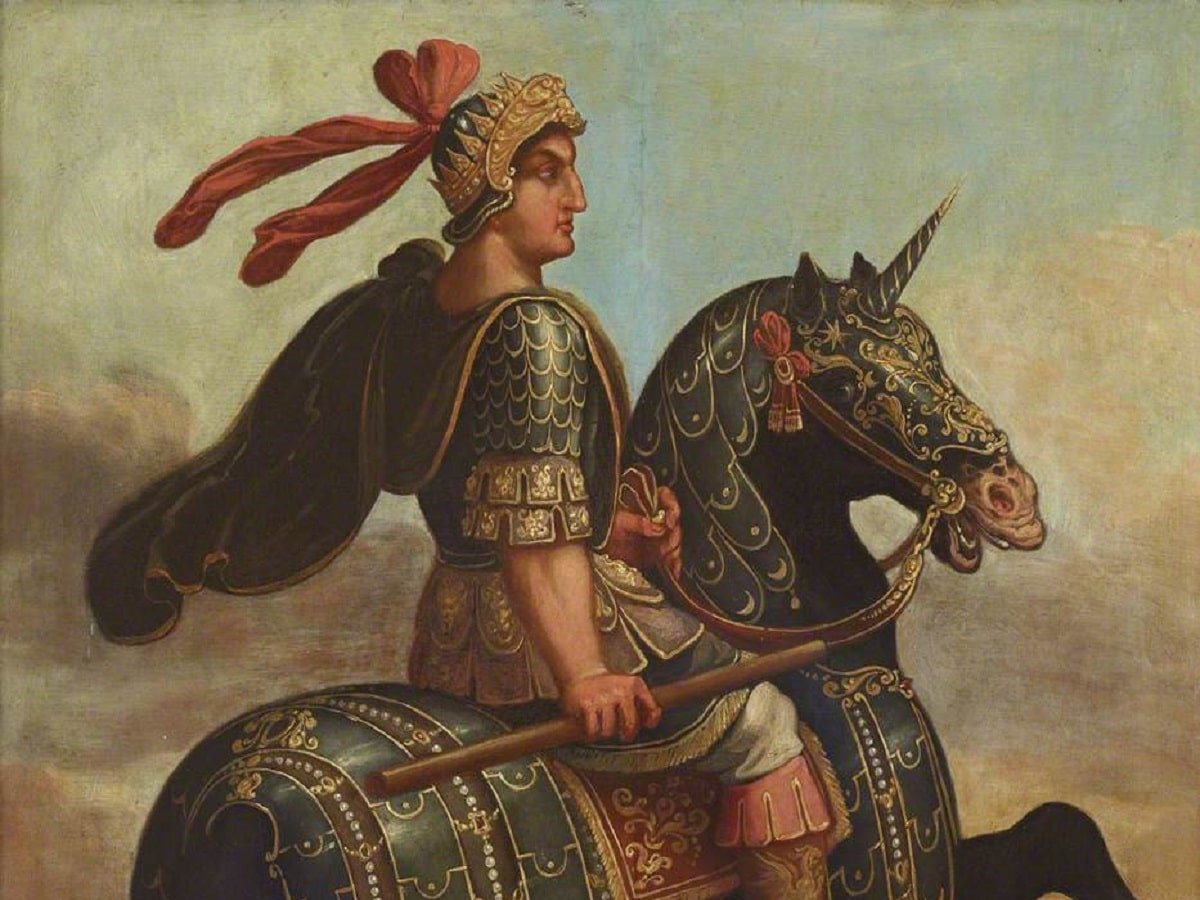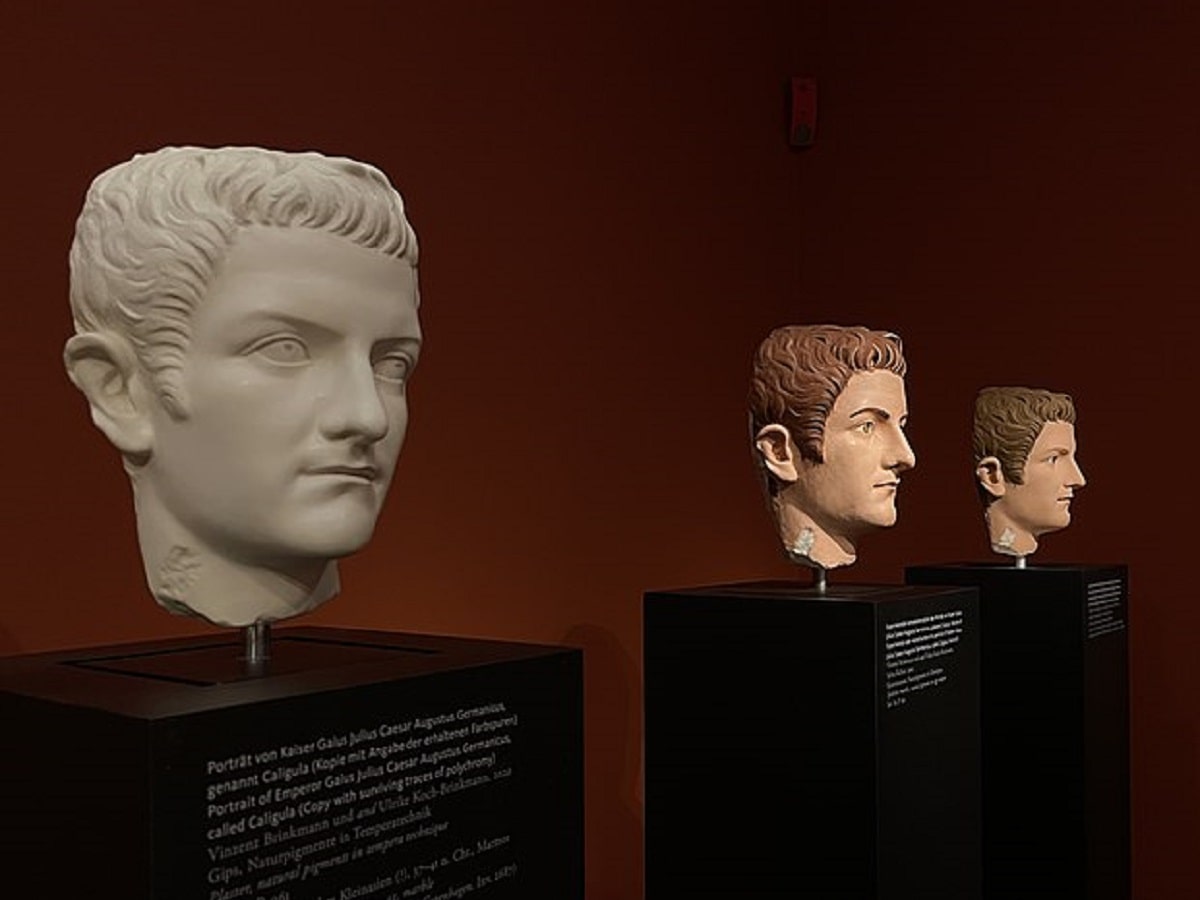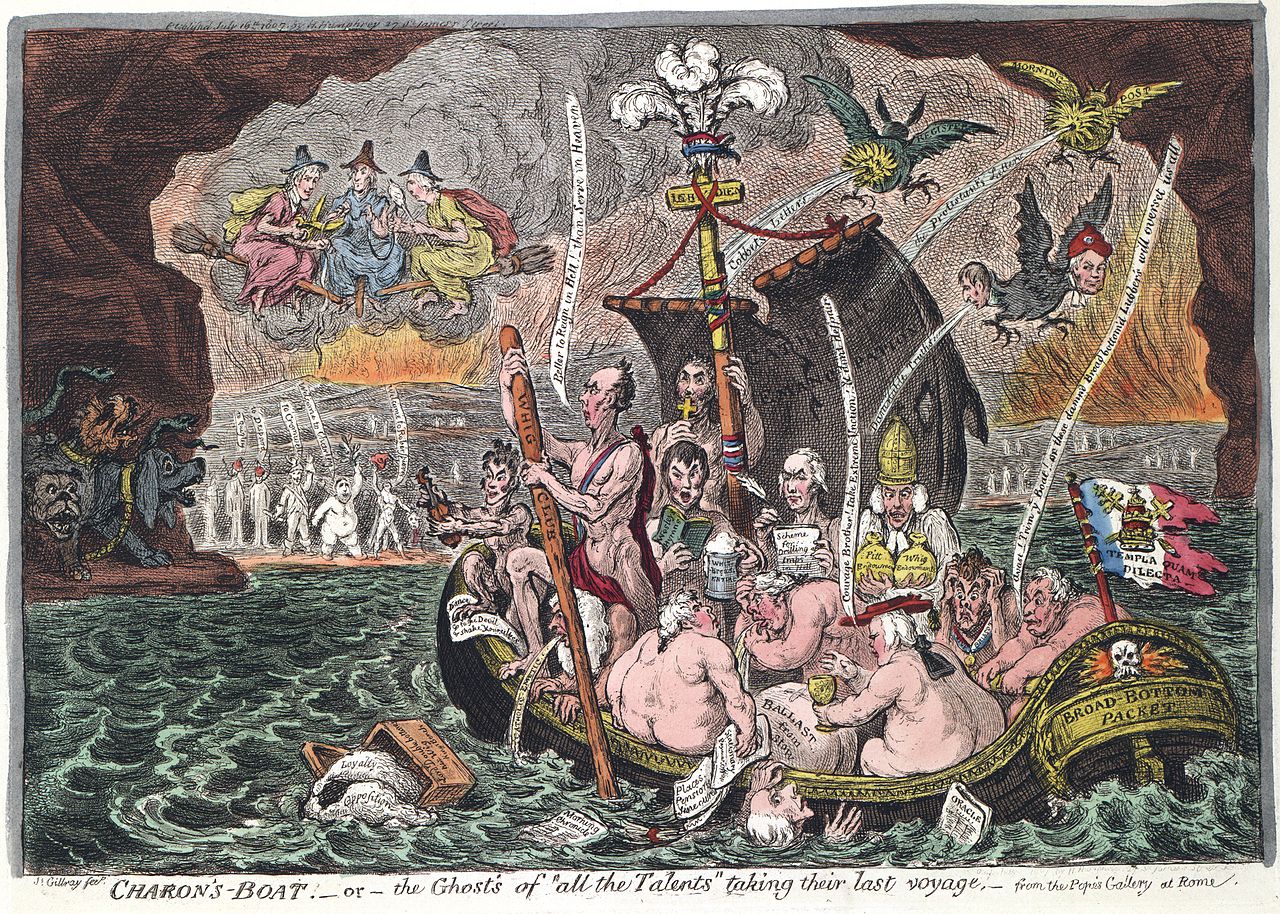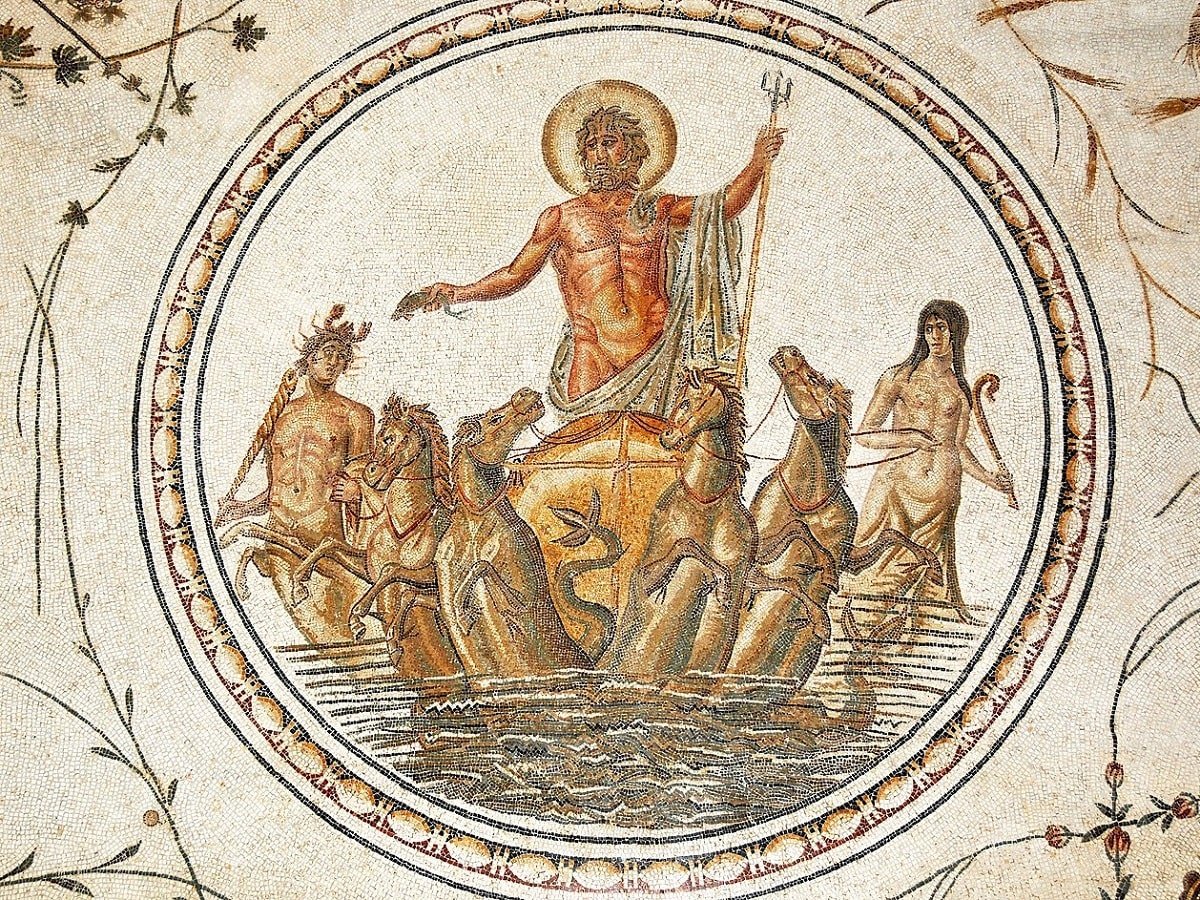The Most Important Roman Inventions: Aqueducts, Roman Numerals, Sewage Systems, and More!
From aqueducts, Roman numerals, sewage systems, architectural arches, underground heating, and books to a postal service, and much more, ancient Roman inventions changed the world and many are still in use today. Given the long history of Ancient Rome, its Republic, and its later Emperors, it is no surprise that the famous civilization invented a …
